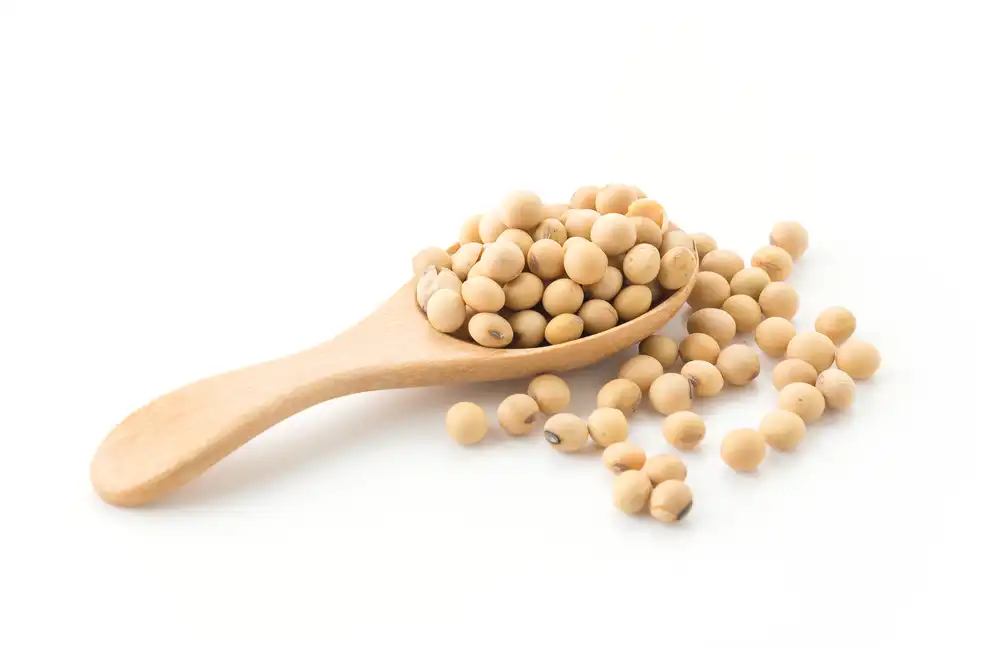Japan is thought to be exploring options to raise soybean and rice imports for potential trade negotiation concessions with the United States.
The ongoing talks are a segment of larger initiatives to create agreements on trade tariffs and balance which might significantly affect worldwide agricultural commerce. UK investors need to evaluate potential market shifts because changes in the trade landscape may reveal new investment risks and opportunities within agricultural sectors.
Background on U.S.-Japan Trade Relations
Trade between Japan and the U.S. has experienced persistent imbalances throughout their history. Japan maintains a substantial trade surplus with the U.S. which reached $63 billion in 2023 due to its extensive vehicle and electronics exports. Japan has experienced strong external pressure to admit additional U.S. agricultural products into its market.
Bilateral trade agreements have historically defined the economic interactions between these two nations. The 2019 U.S.-Japan trade deal became significant because Japan reduced tariffs for U.S. beef and pork. Negotiations regarding comprehensive agricultural concessions particularly for sensitive staples such as rice have yet to reach a conclusion. Current discussions about soybean and rice imports represent a new development in this continuing exchange.
Details of the Proposed Import Increases
Japan is reportedly studying an increase in soybean and rice imports from the United States to make concessions to American negotiators. Industry sources have indicated that these concessions will address major domestic problems although their official quantities and timelines remain unconfirmed.
Japan faces persistent rice shortages because its farmland continues to decrease and weather patterns keep changing. Despite a reduction in traditional rice consumption patterns in Japan the demand for rice continues to surpass domestic production leading to imports that face limitations due to elevated local market prices. As a vital component of Japan’s food sector soybeans serve primarily as raw material for making soy sauce as well as miso and tofu. Japan could solve domestic production inefficiency costs through increased dependency on imports.
U.S. soybean and rice producers expect these proposed increases to strengthen their access to Japan’s market. Japanese farmers will probably scrutinise the decision because they have historically resisted extensive import concessions.
Implications for Global Agricultural Trade
The broadened import quotas by Japan stand to significantly impact international agricultural trade patterns. Increased imports would strengthen the U.S.’s role as Japan’s main soybean and rice supplier from a geopolitical standpoint by lessening the competition from exporting nations such as Australia, Thailand and Vietnam.
Other exporting nations face market diversification challenges alongside potential price reductions when global supply chains intensify competition. Since commodity prices for soybeans and rice react strongly to demand and supply shifts, any increase in Japanese import activity could drive global prices upward.
The progress in these areas could also alter shipping logistics on vital trade paths like the Pacific route. The rise in U.S. agricultural exports to Japan has the potential to alter shipping priorities while affecting costs and creating ripple effects for other industries using the same routes.
Impact on UK Investors
UK investors face mixed outcomes in agricultural investments because of Japan's trade decisions. Market participants who operate through global commodity channels can detect and exploit short-term profit possibilities through shifts in commodity prices and trading volumes. Increased market activity has the potential to benefit agricultural investment funds targeting soybeans and rice when U.S. exporters broaden their international market presence.
However, the changes also introduce certain risks. UK agricultural brands that export high-value crops like cultivated grains or niche soy products to Japan face shrinking profit margins due to rising global exporter competition.
UK investors must be aware that supply chain interruptions represent a significant consideration. A shift towards Japan's new import strategy might reduce production in regions like Southeast Asia or Australia which could squeeze commodity supply lines for European stakeholders. Investors must pay careful attention to these ripple effects in order to avoid unforeseen losses.
Staying Ahead in a Volatile Agricultural Market
The consideration of expanding soybean and rice imports by Japan demonstrates the growing bonds within the international agricultural trade network. UK investors need to recognise this development as a crucial signal about the necessity to watch geopolitical negotiations closely while adjusting their investment strategies.
Understanding these shifts remains essential for those trading agricultural futures or investing in supply chain infrastructure. UK investors who remain updated can better protect their investments against potential risks while spotting new prospects in the fast-moving global market.
The current trade discussions between Japan and the U.S. have the potential to become a critical moment for change. The ability of these developments to influence both commodity pricing and shipping logistics demands careful observation. UK investors who engage with these insights in a proactive manner can maintain flexibility during times of change.

















